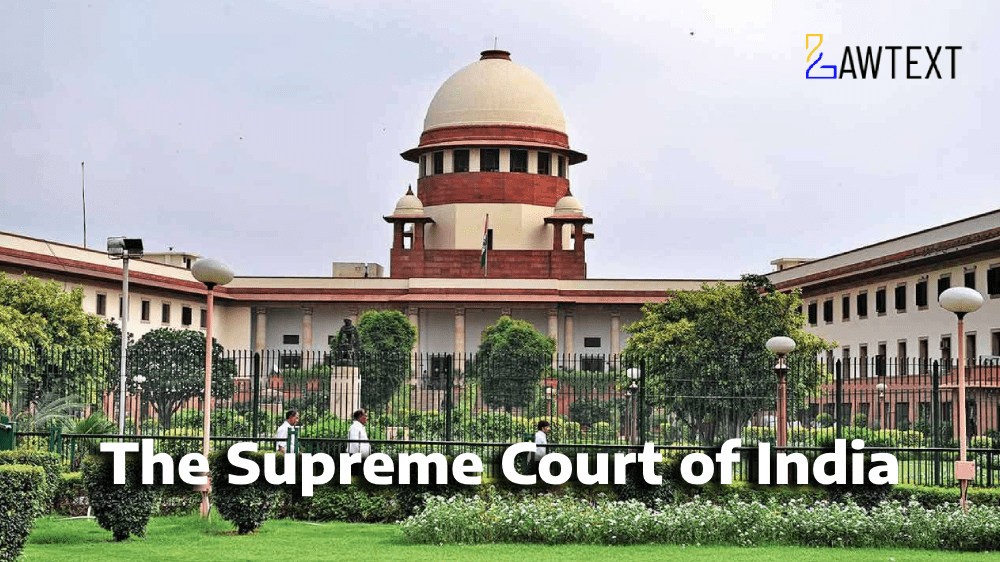

The Supreme Court directed the Kerala Public Service Commission (KPSC) to expand its rank list under the 2014 notification to fill vacancies identified by the State Government, emphasizing the autonomy of KPSC while holding that its role does not override the prerogatives of the State as an employer.
The Court addressed prolonged recruitment issues caused by overlapping rank lists and administrative delays, ensuring equitable justice to eligible candidates deprived of opportunities due to procedural anomalies.
Background:
The case originated from a recruitment dispute involving the KPSC's refusal to expand rank lists for the post of Junior Health Inspector Grade-II, despite vacancies.
Notifications Issued:
Separate gazette notifications for nine and five districts in 2014 and 2015, respectively, invited applications for the post. These resulted in distinct rank lists for different districts.
Problem of Overlapping Rank Lists:
Candidates were listed across multiple rank lists, resulting in premature exhaustion and unfilled vacancies.
Tribunal's Interim Decision:
The Kerala Administrative Tribunal (KAT) directed the State to recommend expanding rank lists to address the anomalies.
KPSC's Rejection of Recommendations:
KPSC cited its procedural rules, refusing to act on the Government's recommendations due to the rank list's expiry and concerns over setting precedents.
High Court's Judgment:
The High Court upheld KPSC's autonomy, ruling against external interference in its rank list decisions.
Appellants’ Arguments:
Counsel for the appellants emphasized procedural lapses, unfilled vacancies, and the principle of equity.
Supreme Court Analysis:
The Court highlighted KPSC's autonomy in conducting recruitment but clarified the Government's authority to determine workforce requirements and notify vacancies.
Equity and Administrative Autonomy:
The Court stressed balancing KPSC's procedural independence with equitable justice for candidates impacted by delays and administrative inefficiencies.
Final Decision:
The Supreme Court directed KPSC to expand the rank list, considering extraordinary circumstances, ensuring fairness for all qualified candidates.
Constitution of India
KPSC Rules of Procedure
The Supreme Court held that while KPSC retains autonomy in conducting the selection process, it must act in accordance with directives issued by the State Government, the ultimate employer. The refusal to expand the rank list, in light of extraordinary vacancies and procedural lapses, contravenes the principles of equity, transparency, and public interest.
Administrative Law, Recruitment Process, Public Service Commission
Recruitment anomalies, Public employment, Autonomy vs Equity, KPSC, Judicial intervention in administrative processes.
Citation: 2024 LawText (SC) (12) 190
Case Number: CIVIL APPEAL NO(S). OF 2024 (ARISING FROM SLP(C)NOS. 10155-10156 OF 2024)
Date of Decision: 2024-12-19
Case Title: AJITH G. DAS & ORS. ETC. Versus THE STATE OF KERALA & ORS.
Before Judge: [VIKRAM NATH J. , PRASANNA B. VARALE J.]
Appellant: AJITH G. DAS & ORS. ETC.
Respondent: THE STATE OF KERALA & ORS.